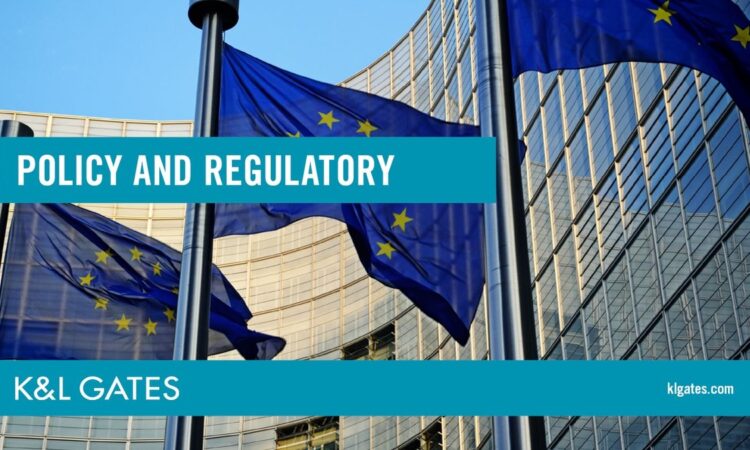
As dawn breaks over the European Union, a new era in financial regulation and consumer protection is emerging. In a series of strategic moves, the EU is setting the stage for a significant transformation in the way financial markets operate and how they’re regulated, aiming to enhance transparency, increase access to market data, and ensure the reliability of digital financial services. Amid these sweeping changes, key regulatory bodies like the European Securities and Markets Authority (ESMA) are at the forefront, addressing the burgeoning influence of social media on investment decisions and the growing footprint of BigTech in finance. Here, we delve into the heart of these developments, exploring their implications for investors, consumers, and the financial industry at large.
The Digital Influence: Social Media and Investment Recommendations
The rise of ‘finfluencers’ and the power of social media platforms to sway investment decisions have not gone unnoticed by regulatory authorities. On 6 February 2024, ESMA issued a clarion call to individuals and entities posting investment recommendations on platforms like Twitter and Instagram, underscoring the need for compliance with the Market Abuse Regulation (MAR). This move, highlighted in a recent analysis by Allen & Overy LLP, points to the broad definition of investment recommendations and the obligations of their producers to prevent market abuse and ensure transparency. The Polish Financial Supervision Authority’s vigilance in monitoring social media activity further underscores the critical nature of this issue, warning against the dissemination of false information and unauthorized disclosure of confidential data.
BigTech’s Foray into Finance: Opportunities and Risks
On 1 February 2024, the European Supervisory Authorities released a report shedding light on the increasing involvement of BigTech companies in the EU’s financial sectors. This development, while promising in terms of innovation and consumer convenience, carries with it a suite of potential risks related to technology and financial dependencies. The dual-edged sword of BigTech’s entry into finance underscores the need for a regulatory framework that is both innovation-friendly and capable of safeguarding the financial system’s integrity. The challenge lies in fostering an environment where technological advancements can thrive while ensuring robust consumer protection and market stability.
Instant Payments and ESG Ratings: Pioneering Consumer Choice and Sustainability
The European Parliament’s adoption of the Instant Payments Regulation on 7 February 2024 marks a significant milestone in the EU’s quest to modernize its financial infrastructure. Championed by Commissioner Mairead McGuinness, this initiative aims to expedite retail and business transactions across the euro area, offering consumers the much-needed choice between cash and digital payments. Meanwhile, the provisional political agreement on the regulation of environmental, social, and governance (ESG) rating activities, reached on 5 February 2024, seeks to enhance the reliability and comparability of ESG ratings. By mandating authorization and compliance for ESG rating providers by ESMA, the EU is taking a decisive step toward sustainable finance, ensuring that investment decisions are made with a keen eye on environmental and social impact.
In the face of these regulatory advancements, the EU is not only charting a course toward greater transparency and efficiency in financial markets but also pioneering the integration of digital solutions and sustainability into the fabric of its financial system. As these initiatives unfold, the promise of a more transparent, inclusive, and sustainable financial landscape beckons, offering a glimpse into the future of finance in Europe and beyond.






